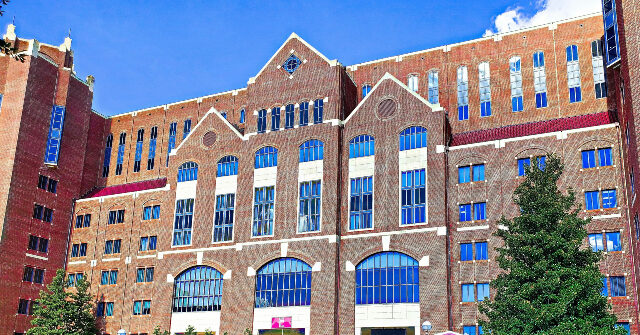A powerful 7.4-magnitude earthquake rocked the entire island of Taiwan early Wednesday, collapsing buildings in a southern city and creating a tsunami that washed ashore on southern Japanese islands.
It struck at 7:58 a.m. local time, about 18 kilometres southwest of Hualien, on the other side of the island from the capital Taipei, and was about 35 kilometres deep.
The U.S. Geological Survey (USGS) put it at 7.4, revised from a preliminary magnitude of 7.5, while Taiwan’s earthquake monitoring agency gave the magnitude as 7.2.
Several aftershocks ranging in magnitude from 5.2 to 6.4 followed the initial quake, according to the USGS.
Taiwan’s fire department said on Wednesday that so far one person had died and more than 50 were injured.
Taiwanese television stations showed footage of some collapsed buildings in Hualien and media reported some people were trapped.
One five-storey building appeared heavily damaged, collapsing its first floor and leaving the rest leaning at a 45-degree angle.
Videos shared on social media showed landslide in Xiulin, about 45 kilometres to the north of Hualien, after the earthquake hit.
In Taipei, tiles fell from older buildings and within some newer office complexes.
Schools evacuated their students to sports fields, equipping them with protective yellow head coverings.
Many small children also wore motorcycle helmets to guard against falling objects amid continuing aftershocks.
Despite the quake striking at the height of the morning rush hour, there was little panic on the island that is regularly rocked by temblors and holds drills at schools and issues notices via public media and mobile phone.
Schools and government offices were given the option of cancelling work and classes.
Video obtained by Reuters shows TV monitors inside a Taipei newsroom shaking following a strong earthquake that struck off Taiwan.
The Japan Meteorological Agency (JMA) lowered its tsunami alerts after initially forecasting tsunami waves up to three metres for the southern Japanese island group of the Okinawa prefecture.
A 30-centimetre wave was detected on the coast of Yonaguni island, approximately 111 kilometres off Taiwan’s east coast, about 15 minutes after the quake struck.
Smaller waves were measured in Ishigaki and Miyako islands.

Japan’s Self Defence Forces sent aircraft to gather information about the tsunami impact around the Okinawa region and were preparing shelters for evacuees if necessary.
The Pacific Tsunami Warning Centre said there was no tsunami threat to Hawaii, the U.S. Pacific territory of Guam the U.S. west coast or British Columbia.
The quake was believed to be the biggest in Taiwan since a temblor in 1999 caused extensive damage.
Taiwan’s worst quake in recent years struck on Sept. 21, 1999, with a magnitude of 7.7, causing 2,400 deaths, injuring around 100,000 and destroying thousands of buildings.
Taiwan lies along the Pacific “Ring of Fire,” the line of seismic faults encircling the Pacific Ocean where most of the world’s earthquakes occur.














;)






Discussion about this post